Crocuses and daffodils are peeking out, the birds are poking around for nest sites and the garage is just warm enough to work in; usually at this time of year, classic-car owners are looking forward to a motoring spring. Clearly, these are far-from usual times, yet the gloom-laden mood in the old-car community seems even more blue than might be expected.
Talking to owners and preparation specialists, there’s a feeling of end of days; with attack from all sides: cities and roads closing to conventional cars; aggressive road pricing; the end of petrol; complications from Brexit; and also, the distinct impression that stealthily, behind the scenes, our Government is legislating cars and our much-loved hobby out of existence.
Take the decarbonisation debate for example. Last year we had the announcement that from 2030, sales of new internal-combustion-engined cars will be banned (though plug-in hybrids with long electric-only ranges get another five years to 2035). Nothing was said about classic cars, which depend on a ready supply of liquid hydrocarbon fuel for their use, and the move has been widely misinterpreted that petrol itself will be banned. It won’t, although there are still plenty of reasons to be concerned.

“Fuel will be a problem ahead,” says Sir Greg Knight, MP for East Yorkshire and chairman of the All Party Parliamentary Historic Vehicles Group (APPHVG), “when new cars running on petrol are so few that the number of filling stations starts to decline.”
Indeed the Federation of British Historic Vehicle Clubs (FBHVC) issued a press release expressing concern about the ban and of its intention to lobby “for the protection of fossil fuel supplies long into the future to service historic vehicles”.
So when will fuel supplies be threatened? Sooner than you think, as valuable filling-station forecourt space is given over to high-current charging Daleks for a new generation of battery-electric cars.
And it’s here that we come to the underlying direction of Government, namely battery-electric cars at the expense of all other alternatives such as hydrogen fuel cells, or zero-carbon, wind-energy-generated liquid fuels as proposed by Porsche, Siemens and the German government.
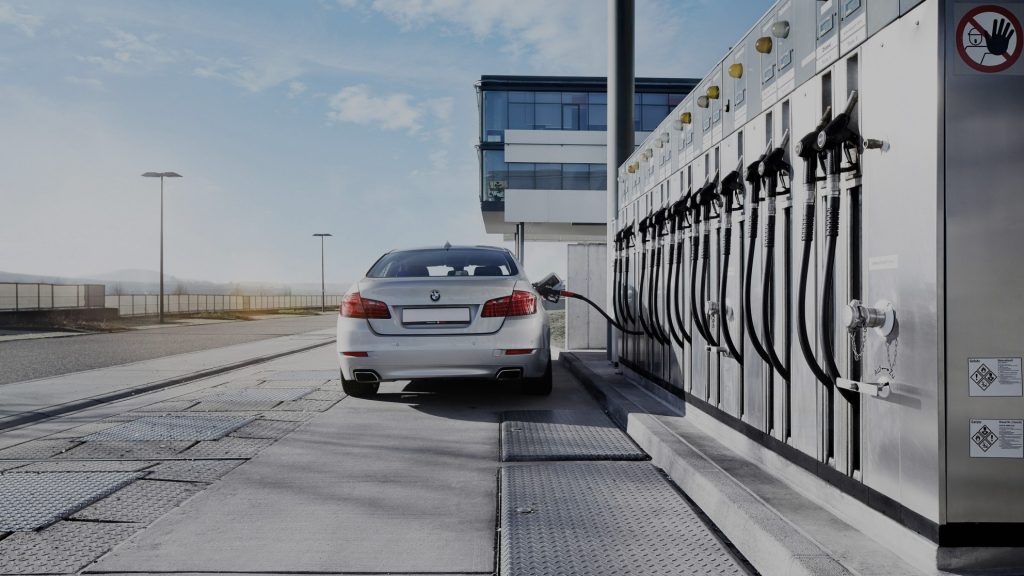
As Graham Cooley, chief executive of ITM Power, which makes and installs hydrogen-energy systems, said: “the Government is putting 30 times more investment into battery power than it is into hydrogen economy yet it’s supposed to be technology neutral.”
And between simpering appearances on news programs to ban us, for instance, from booking a holiday, transport secretary and Tesla owner, Grant Shapps last year slipped out an important consultation paper Decarbonising Transport: Setting The Challenge, in which he stated that in future, “from motorcycles to HGVs, all road vehicles will be zero emission and technological advances… will change the way vehicles are used.”
Of course, what Shapps and his colleagues in Government are partly doing here is ‘green washing’ themselves in preparation for the deferred United Nations Climate Change Conference (Cop26) in Glasgow this autumn. It’s a chance to make themselves look supremely green and important, and also get to grip-n-grin with US president Joe Biden, who has so far showed little interest in a UK trade deal.
Ed King president of the AA says we should give Shapps an even break as he has at least paid some attention to the rising death tolls on Britain’s so-called ‘smart motorways,’ but concedes that a lot of MPs are using the prospect of Cop and the 2030 ban to “signal their green credentials.”
He also reckons the Treasury is seriously looking at road pricing as a way out of looming £40 billion road-fund-duty deficit, which electric cars will presage, although he cautions that “while economists think it’s a great idea, Government should be very cautious and very concerned – it could become a four-wheel poll tax.”
Another source of concern is the continuation of support from city fathers such as London mayor, Sadiq Kahn, who has allowed historic vehicles dispensation from London’s Ultra-Low Emissions Zone (ULEZ) charge zone. This affects vehicles over 40 years old on a rolling basis. Yet last November the FBHVC announced that, as defined by being older than 30 years, the number of ‘classic cars’ in the UK grew by almost 50 per cent in the last five years to 1.54 million. (Note here that according to the Driver Vehicle and Licensing Agency figures, there are just 138,800 licensed pre-1970 classic cars on its books.)

Greg Knight is quick to close the gap, pointing out that the over-30-year old rule is a European one used by the FBHVC in its dealings with European agencies and not applicable in the UK. “In the UK classic cars occupy just 0.6 per cent of total licensed vehicles,” he says, “that’s the figure that’s important.”
It’s also worth pointing out that even under the FBHVC’s more expansive definition over half the cars are off the road and the rest do an average of 1,200 miles a year, and that the sector contributes an estimated £7.2 billion in spending to the UK economy and employs over 34,000 in 4,000 businesses.
Yet city father’s contemplating exemptions for old cars will have seen that FBHVC report and perhaps had a vision of a tsunami of smog-spewing classics clogging their roads. Is there a danger that this blunt age identifier, with the inflated figures that implies, will put off legislators from making special allowances for them?
And what of the B-word? Late last year, a panel of experts including Ben Cussons, chairman of the Royal Automobile Club, David Whale, chairman of the FBHVC, Tomas de Vargas Machuca, chairman of Hero-ERA and Douglas McWilliams, deputy chairman of the Centre for Economics and Business Research (CEBR) concluded that there were several areas of Brexit concern for the historic vehicle industry. These mainly involve the status of cars arriving in the UK for specialist work, or restoration and also the status of classic-car owners touring or taking part in long-distance rallies in Europe.
Ed King isn’t talking specifically about classics when he suggests the Government needs to step carefully in taking groups of motorists for granted. “They assumed and have been told that millennials didn’t like cars and weren’t interested in driving,” he says, “but that has proved not to be the case. It’s all right if you live in Islington, but vast numbers in towns from Doncaster and Derby to Darlington, all need a car and the so-called ‘sharing economy’ doesn’t fill that need. Demand for a car won’t go away, especially with Covid; the social benefits are immense and are really under rated.”
Perhaps classic-car owners have more in common with ordinary motorists than they might think.
Greg Knight agrees there is a lot of gloom about. “It’s boosted by Covid,” he says, “and if you’ve got a classic, you’ve not been able to get out.”
He says that there’s no great Government conspiracy to ban classics, however. “It’s not malevolence, it’s ignorance. There’s a lot of putting out small fires.”
London’s ULEV charge, the plan to make all wedding cars pass Hackney Carriage conditions, are just some of the small ignorancies that Knight and his colleagues have helped to get amended to ensure that classics continue to be used and enjoyed.
And Knight says there are reasons to be cheerful even now. “Remember unleaded fuel and how it was going to put classic cars out of commission? Within months there were fuel additives to solve the problem.
“I live in hope,” he adds.
I shall try to do likewise, but as Maya Angelou wrote, I shall be, “hoping for the best, preparing for the worst and unsurprised by anything in between.”




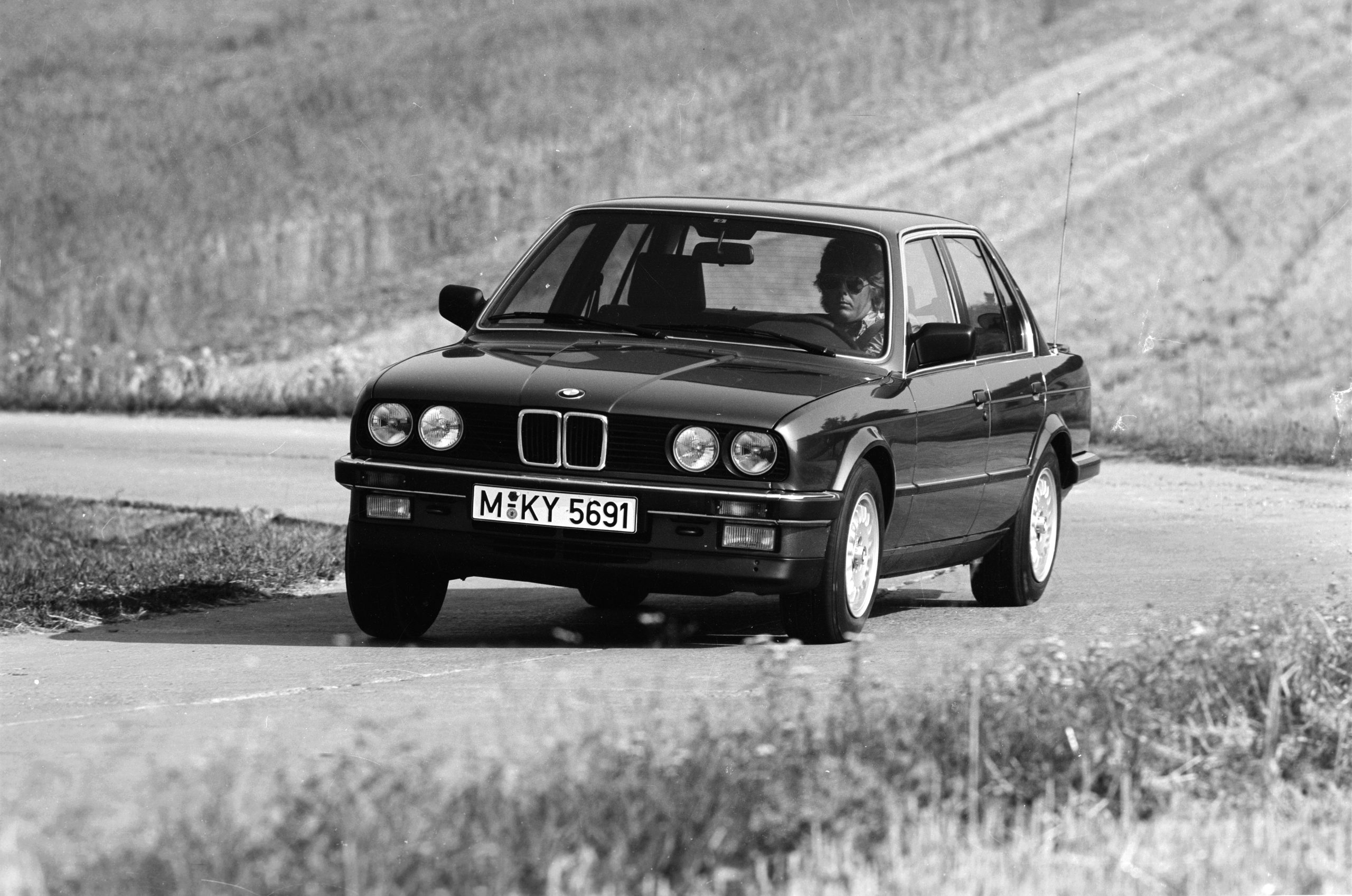

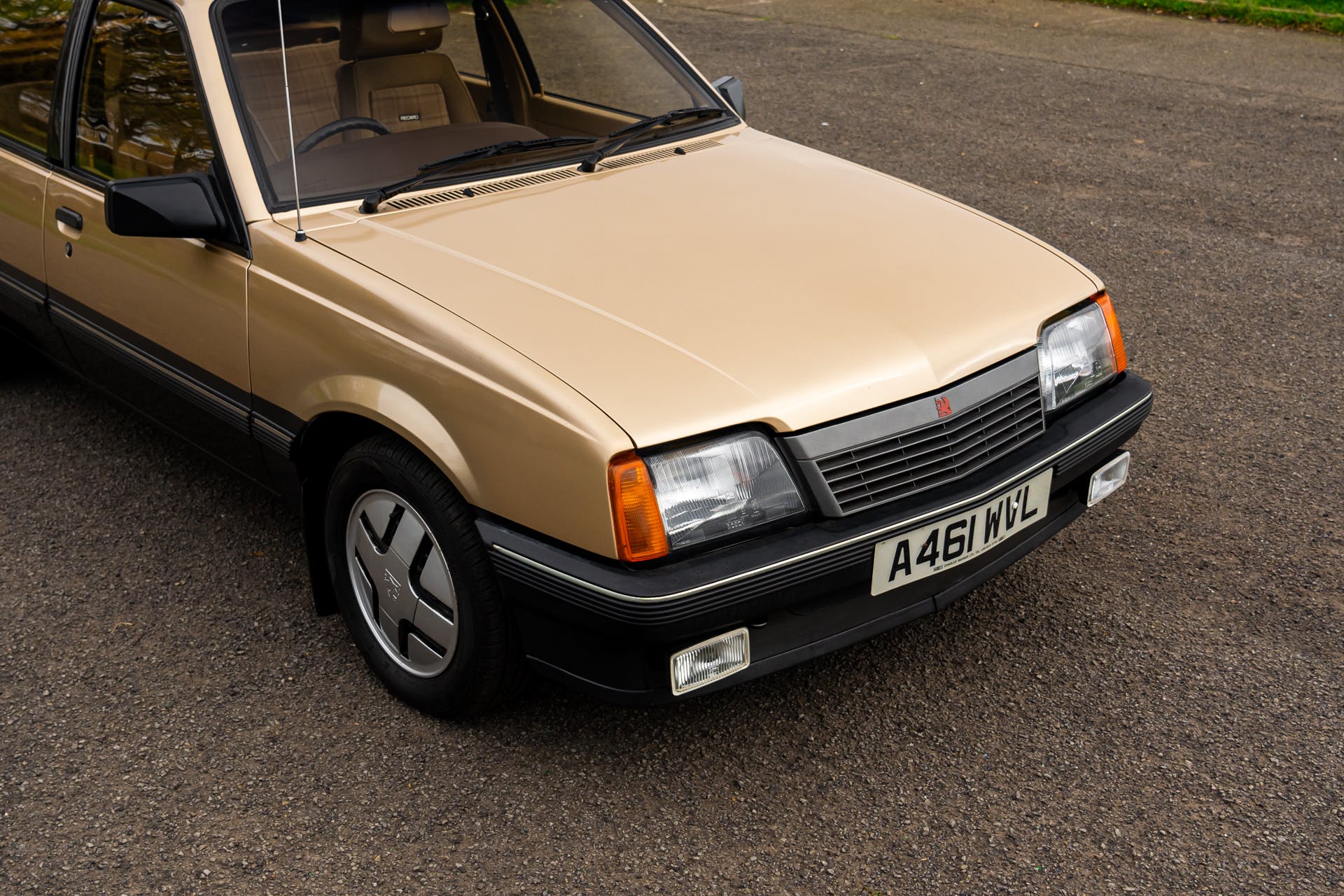

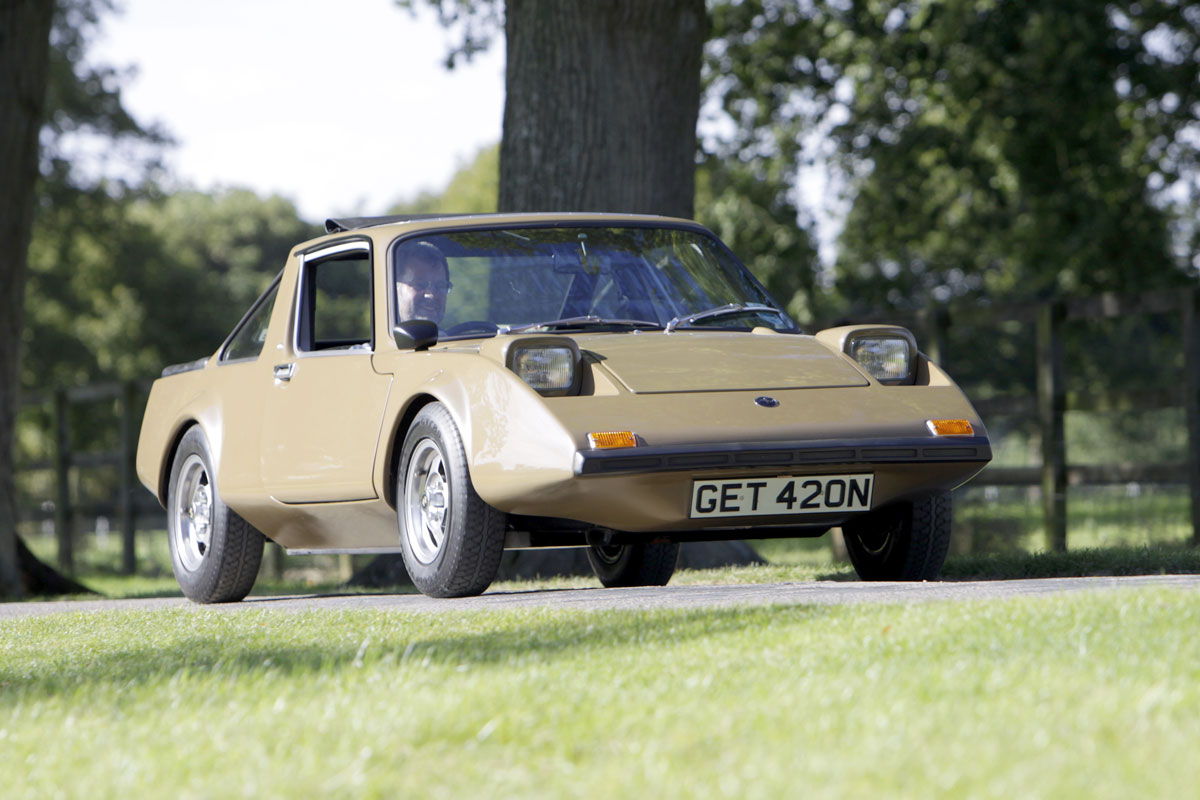
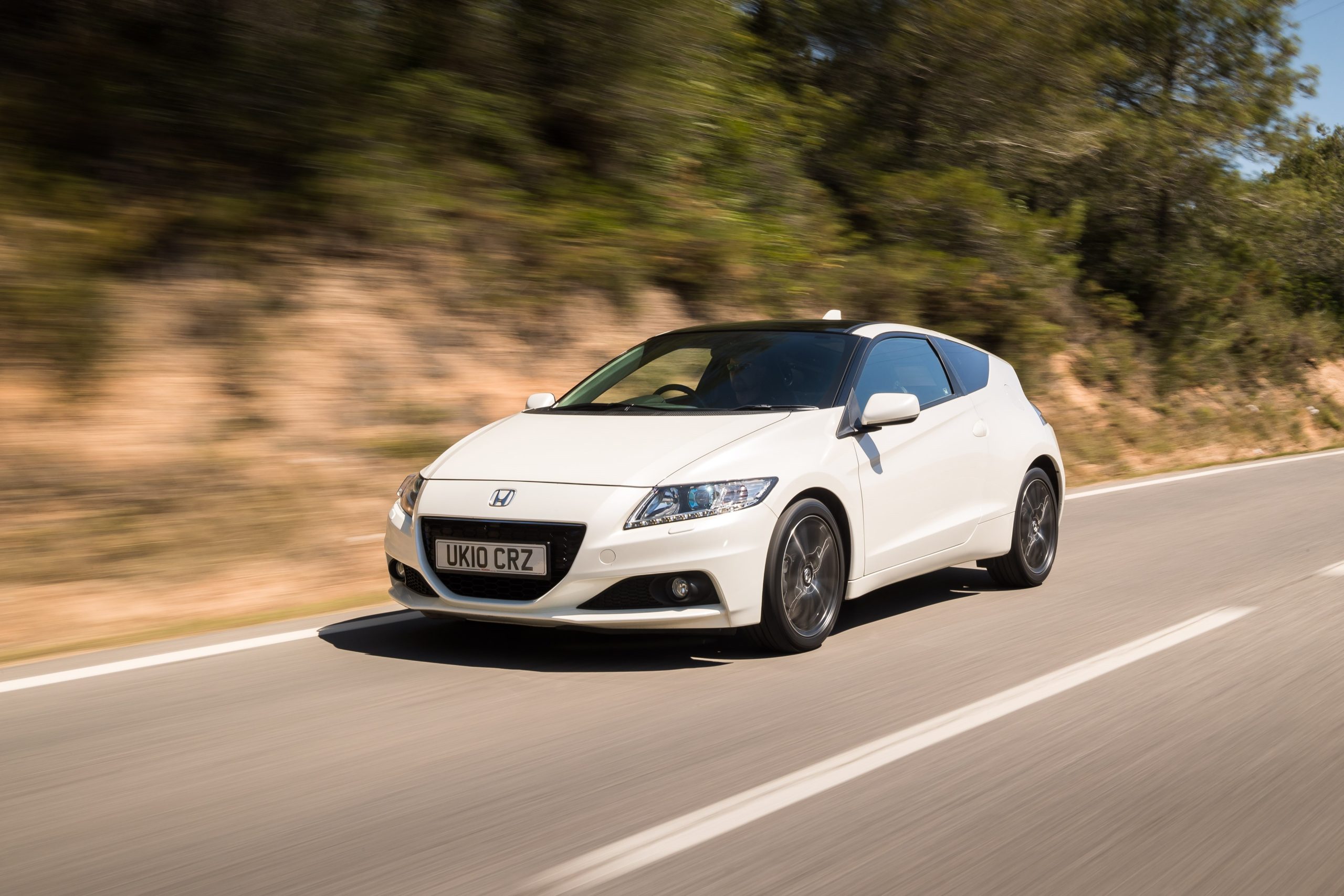
Massive topic this. It seems that the the electric rollout ignores the fact that EVs require batteries reliant on finite supplies of components mined under dubious circumstances in Africa and elsewhere. EVs are heavier, more expensive to produce and, as things stand, do not go very far before requiring charging via the national grid. Some surveys have revealed that one needs to drive around 50,000 miles before the EV becomes greener than an efficient petrol-engined car.
The technology will improve but we are on a path to ‘zero carbon’ by 2050, no matter the cost, ignoring the fact that our contribution worldwide amounts to about 1%.
Incidentally, the ‘stealth’ approach against the driver goes way beyond the ban on ICE in 2030; speed limits are being lowered in Kent (and elsewhere I guess) at an alarming rate. The national speed limit on A and B roads is being lowered in contravention of criteria that have been sensible guidance for decades. A former senior police officer with traffic management and enforcement experience, I find it difficult to believe that the police were involved in the decision-making process, so bizarre are some of the new restrictions.
Drivers are being used as a cash cow on so many fronts now and I fear that the constant assault on our wallets and the ‘nannying’ on our roads will only get worse.